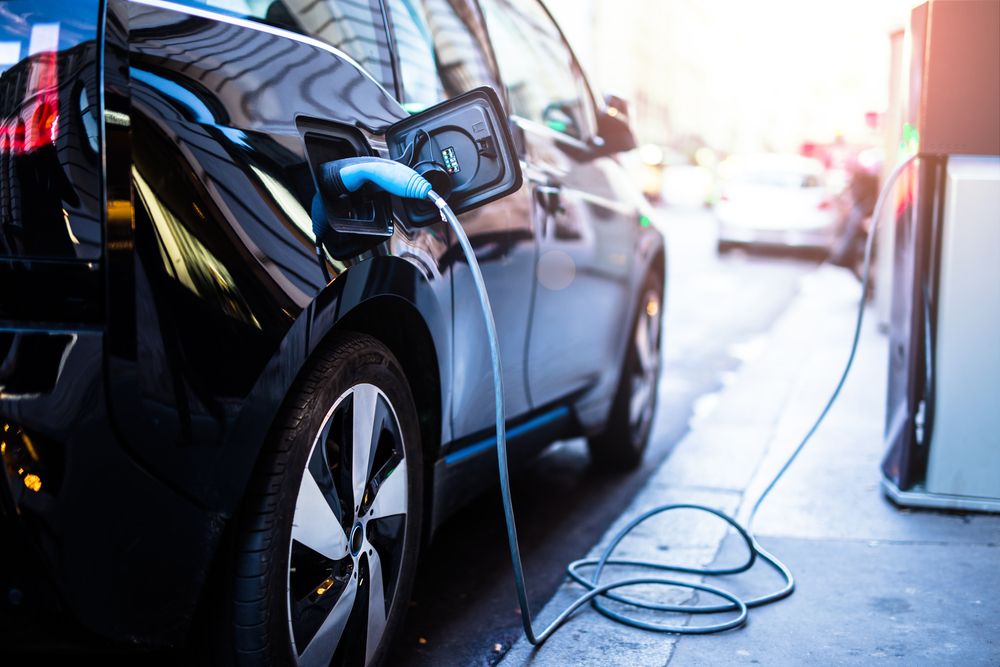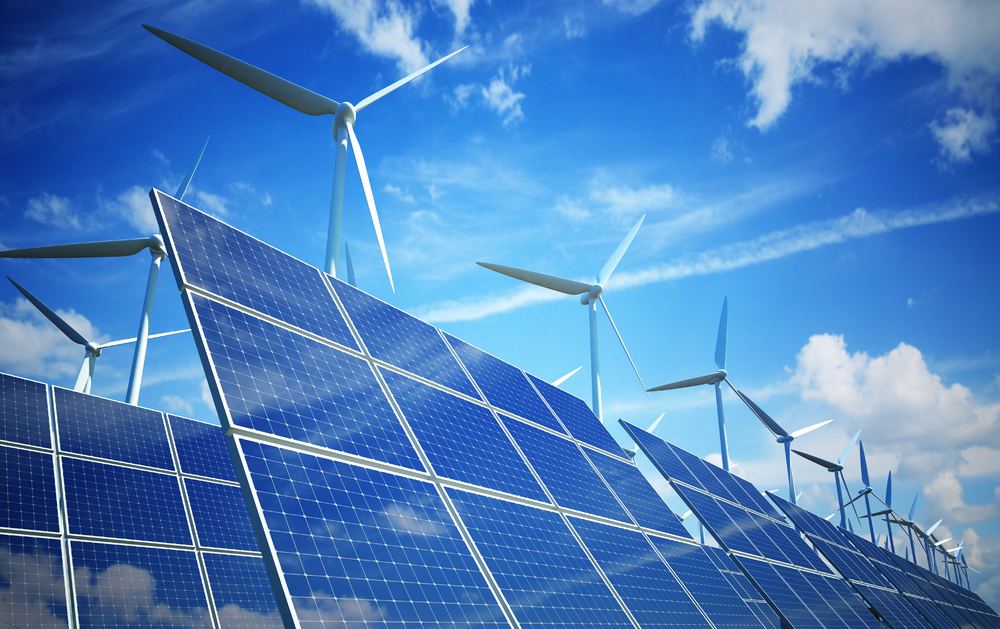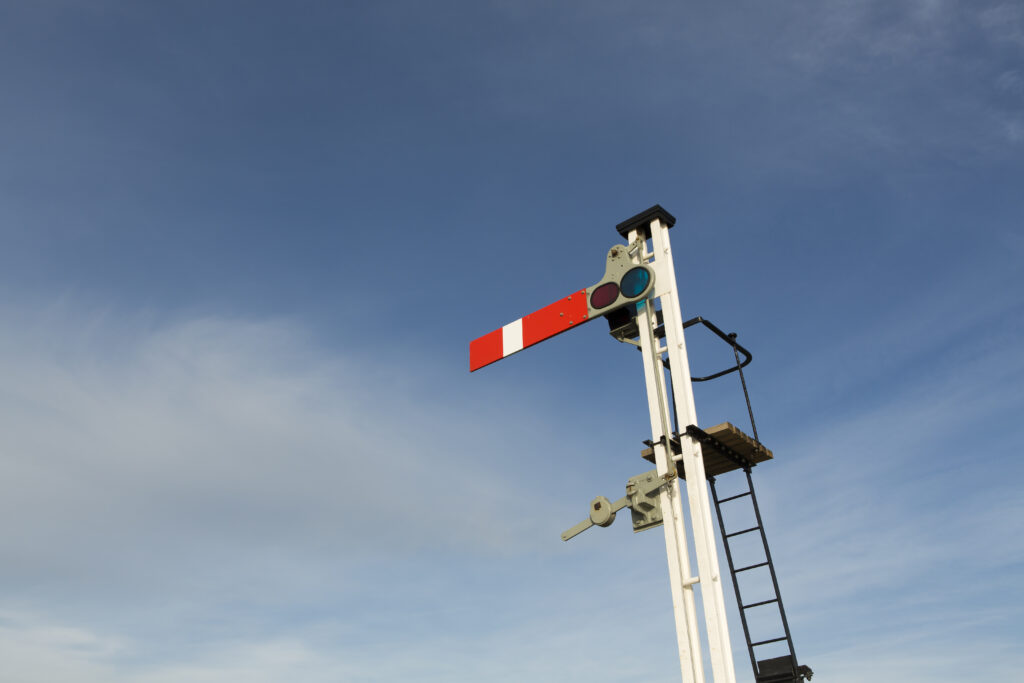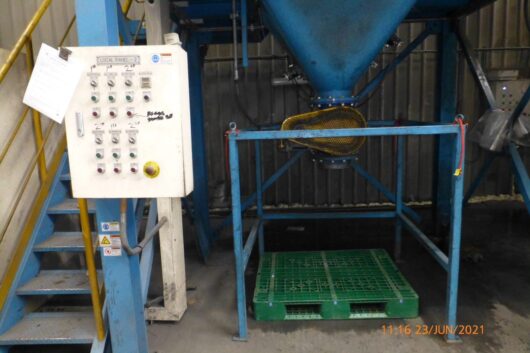However, the think tank says the UK can limit the risk during the coming decades if it builds up domestic recycling of valuable materials and cuts energy use.
The Green Alliance is a charity and independent think tank. Today (19 November), it published a report on securing the raw materials needed for the UK’s “green transition”.
The report projects that the use of lithium, cobalt, silver, and rare earth elements by the UK’s low carbon industries will soar in the coming decades.
The Green Alliance says critical raw materials are needed for the manufacture of technologies such as wind turbines, solar panels, and electric vehicle batteries.
The think tank’s report found the UK will “easily exceed” its per capita share of critical raw material reserves by 2050.
And, there are “significant supply chain risks” to UK businesses, the Green Alliance suggests, as China controls 60% of global mine production and 40% of rare earth metal reserves.
By building domestic recycling infrastructure, the UK could meet “almost all” its critical raw material demand for electric vehicle batteries, wind turbines and solar panels from secondary materials by 2050, the Green Alliance says.
‘Ending needless waste’
Susan Evans, senior policy adviser at the Green Alliance, said: “By investing in making our homes more efficient and improving public transport, we can cut the amount of energy we need to use and, therefore, reduce our reliance on imported critical raw materials.
This is also about ending needless waste
– Susan Evans, senior policy adviser at the Green Alliance
“This is also about ending needless waste. It would mean keeping these valuable materials in use, creating jobs in new recycling industries, and lowering household energy bills at the same time.”
Electric vehicles
In 2019, the UK’s fleet of electric cars and vans contained more than 1,400 tonnes of lithium and 800 tonnes of cobalt, worth £26.3 million and £31.5 million respectively, the Green Alliance says.

The think tank’s analysis suggests that, if recycled, that volume of lithium and cobalt would be enough to make 220,000 battery electric cars, 10% of projected new sales in 2035.
Such measures have the potential to contribute to the 450,000 jobs, the Green Alliance claims, while cutting dependence on China for critical raw materials.
Damian Green, Conservative Party MP for Ashford, said: “Green Alliance’s new report shows how better recycling of net zero products like EVs and solar panels can help keep critical raw materials in use, whilst reducing supply chain risks from China and helping to create up to 450,000 new onshore jobs in the UK circular economy.”
Demands
To meet demand, the Green Alliance calls on the government to set an “ambitious environmental mandate” for the new critical minerals strategy and expert committee.
It says the government should “harness the potential” of energy demand reduction by seeking advice from the Climate Change Committee on critical raw material supply risks to the net zero transition plan and adopting ‘no regrets’ measures immediately to cut demand.
And, the think tank calls on the government to build a circular economy for critical raw materials, including through policies such as extended producer responsibility rules for batteries and waste electrical and electronic equipment (WEEE).
Separate research published by Material Focus, the not-for-profit organisation funded by the WEEE compliance fee, in July found that the UK loses critical raw materials contained within WEEE worth £13.64 million every year due to a lack of “advanced recovery technologies” (see letsrecycle.com story).
Related link
Critical point: Securing the raw materials needed for the UK’s green transition












Subscribe for free